Aging Wisely: America’s Big Aging Misconceptions
It’s time for a “senior care reality check”, say many experts in the field of aging, including our own Executive Director at Aging Wisely and EasyLiving, Alex Chamberlain. Alex was recently interviewed as part of SeniorCare.com’s report on the misconceptions about aging.
As Alex shared, “when it comes to aging or chronic care needs, everyone thinks they will be okay or that they have family to take care of them” and lack of preparation “just makes conflict and hard choices more likely”.
Fortunately, there are more choices than ever. As Alex urges, “think about what you want as you age and then learn a little bit about the realities”.
Alex shares, “Unfortunately as an owner of a home health business, I have seen the good, the bad, and the ugly. I have seen families’ quality of life disappear due to being unprepared for the challenges of long-term care.I have seen loved ones and family members never speak to one another again because they weren’t prepared and began fighting over everything”.
The families who navigate the challenges successfully did their homework, got help from quality professionals, and availed themselves of the choices that were best for them. The statistics shared in this report and the opinions of all the experts point to the same important advice: be prepared!
To talk to Alex Chamberlain about this thoughts on this subject or get more information from our expert team so that you can be prepared, contact Aging Wisely online or call 727-447-5845.
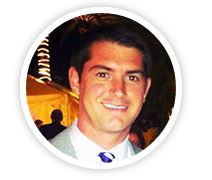 Alex Chamberlain, Aging Wisely and EasyLiving Executive Director, shares his expertise here and on our EasyLiving blog regularly. Alex is a Clearwater Chamber Young Professional of the Year and has been named a top business leader by several business publications. Most importantly, Alex has a passion for bringing innovation to eldercare and has dedicated his career to giving families better options and creating a better environment for caregiving professionals. Connect to Alex on Linkedin.
Alex Chamberlain, Aging Wisely and EasyLiving Executive Director, shares his expertise here and on our EasyLiving blog regularly. Alex is a Clearwater Chamber Young Professional of the Year and has been named a top business leader by several business publications. Most importantly, Alex has a passion for bringing innovation to eldercare and has dedicated his career to giving families better options and creating a better environment for caregiving professionals. Connect to Alex on Linkedin.
**Graphics are from Seniorcare.com’s Report on the Major Misconceptions of Aging. Read more details of the report there and Help Close the #SeniorCareGap by sharing this and making sure others are aware!

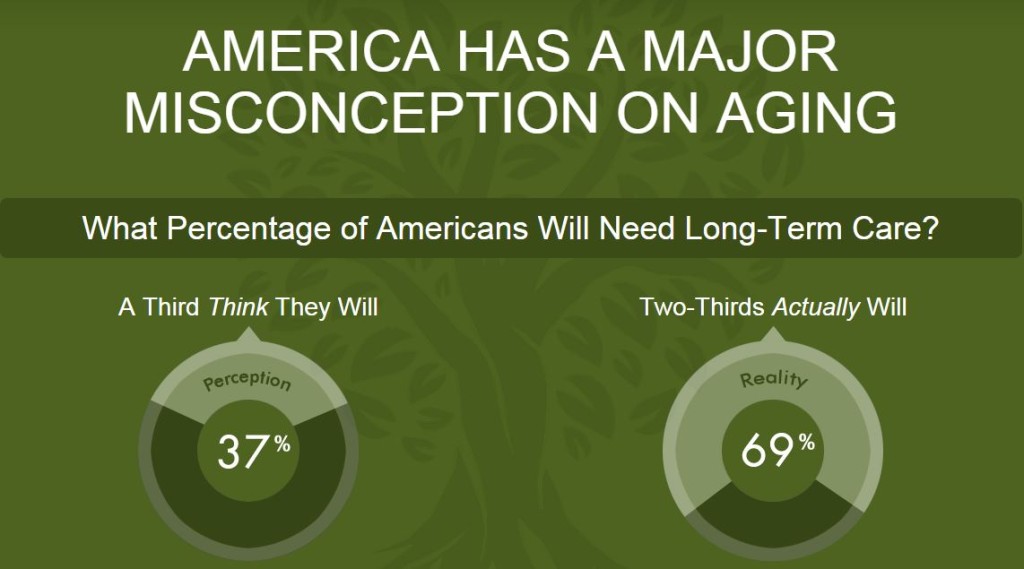
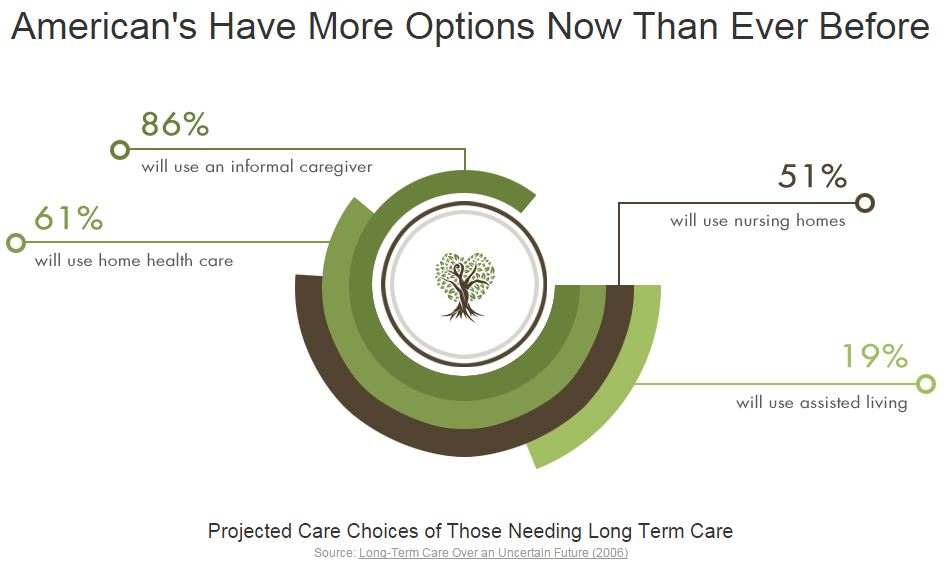
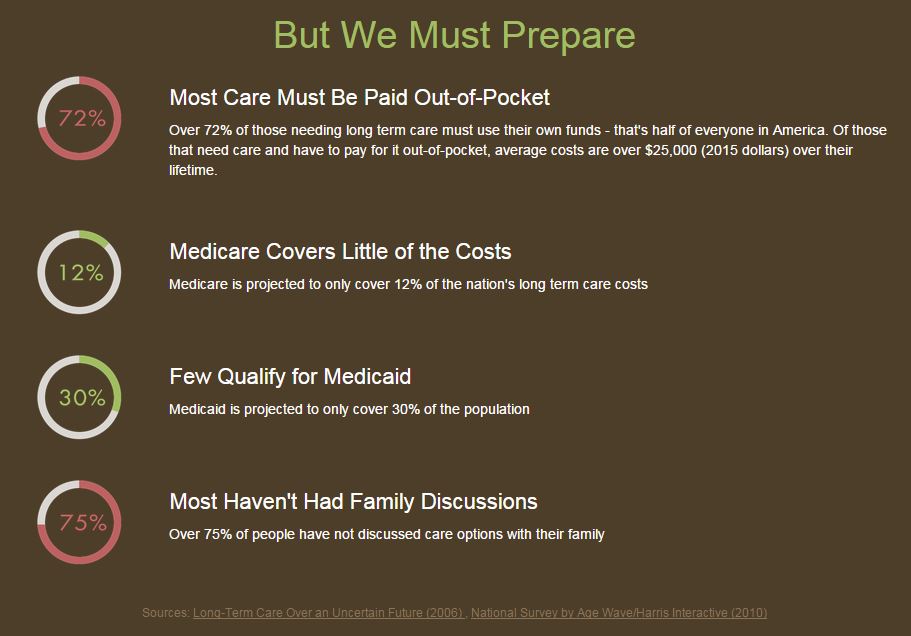
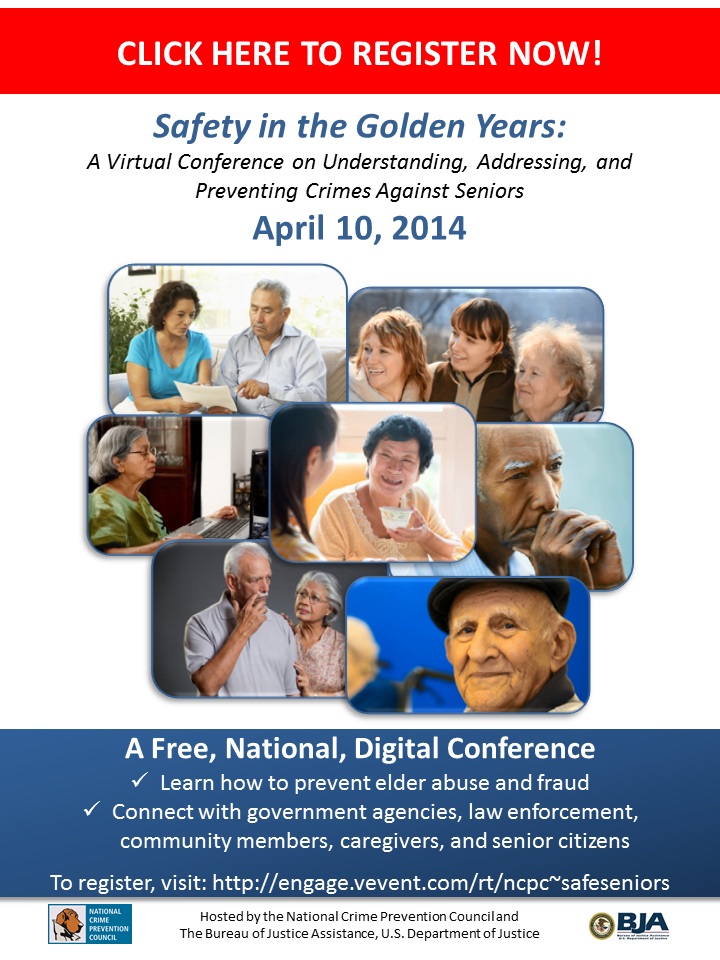
 Popular Downloads
Popular Downloads


 Get Our Newsletter!
Get Our Newsletter! Mission Statement
Mission Statement

